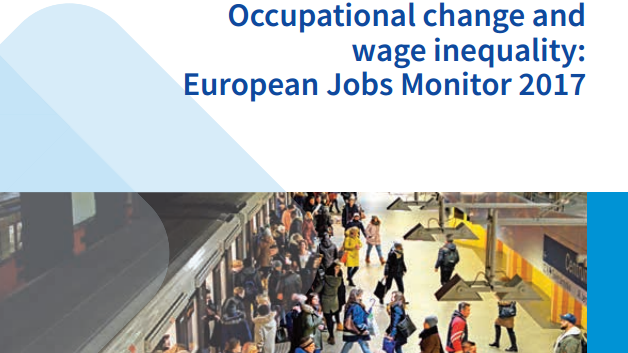
News -
Employment transitions and occupational mobility in Europe: The impact of the Great Recession
The Great Recession has had significant and lasting effects on European labour markets, with a big drop in employment levels, which are yet to recover in many countries almost a decade later. It also affected the employment structure, accelerating structural change and generalising a pattern of job polarisation across Europe, in which employment in mid-paid jobs declined more than in jobs at the top and bottom of the occupational structure.
Although much is known about how the crisis changed the stocks and structures of employment, there is less evidence about the myriad of flows into and out of employment, and from job to job, which are behind these aggregate numbers.
The aim of this report is to investigate the effect of the Great Recession on labour market flows and to explicitly link these individual-level transitions to the broad labour market developments during the crisis, such as the surge in unemployment and the phenomenon of job polarisation.
It offers a novel perspective for a better understanding of what happened to workers who lost their jobs in the recession – whether they were reallocated to other jobs or whether they moved into unemployment or inactivity – and whether opportunities for upward occupational mobility (or risks of downward mobility) were affected by the crisis. The analysis compares six European countries that represent different institutional clusters – France, Italy, Poland, Spain, Sweden and the UK.
Download the report Employment transitions and occupational mobility in Europe: The impact of the Great Recession
Download the executive summary of the report Employment transitions and occupational mobility in Europe: The impact of the Great Recession





